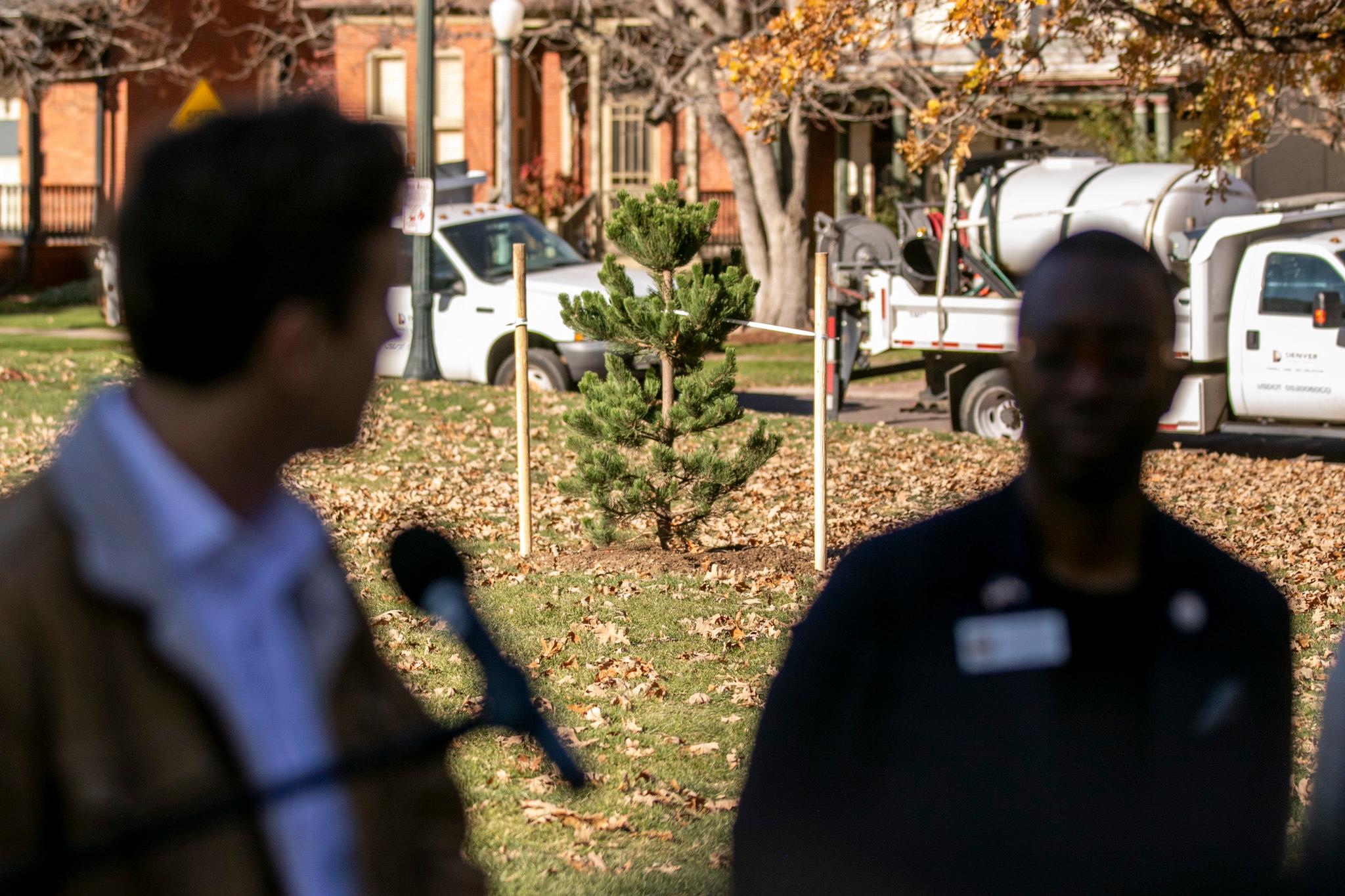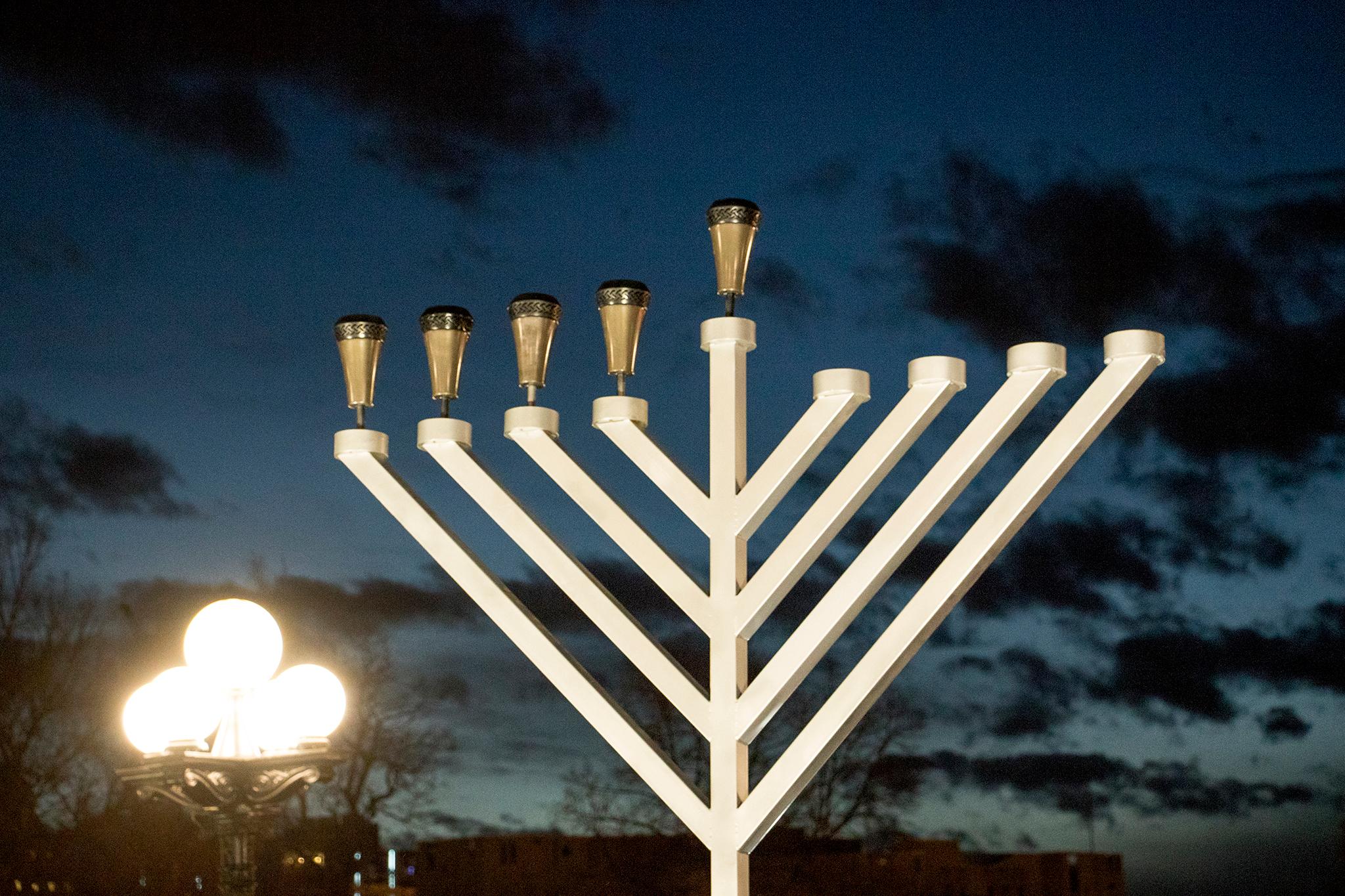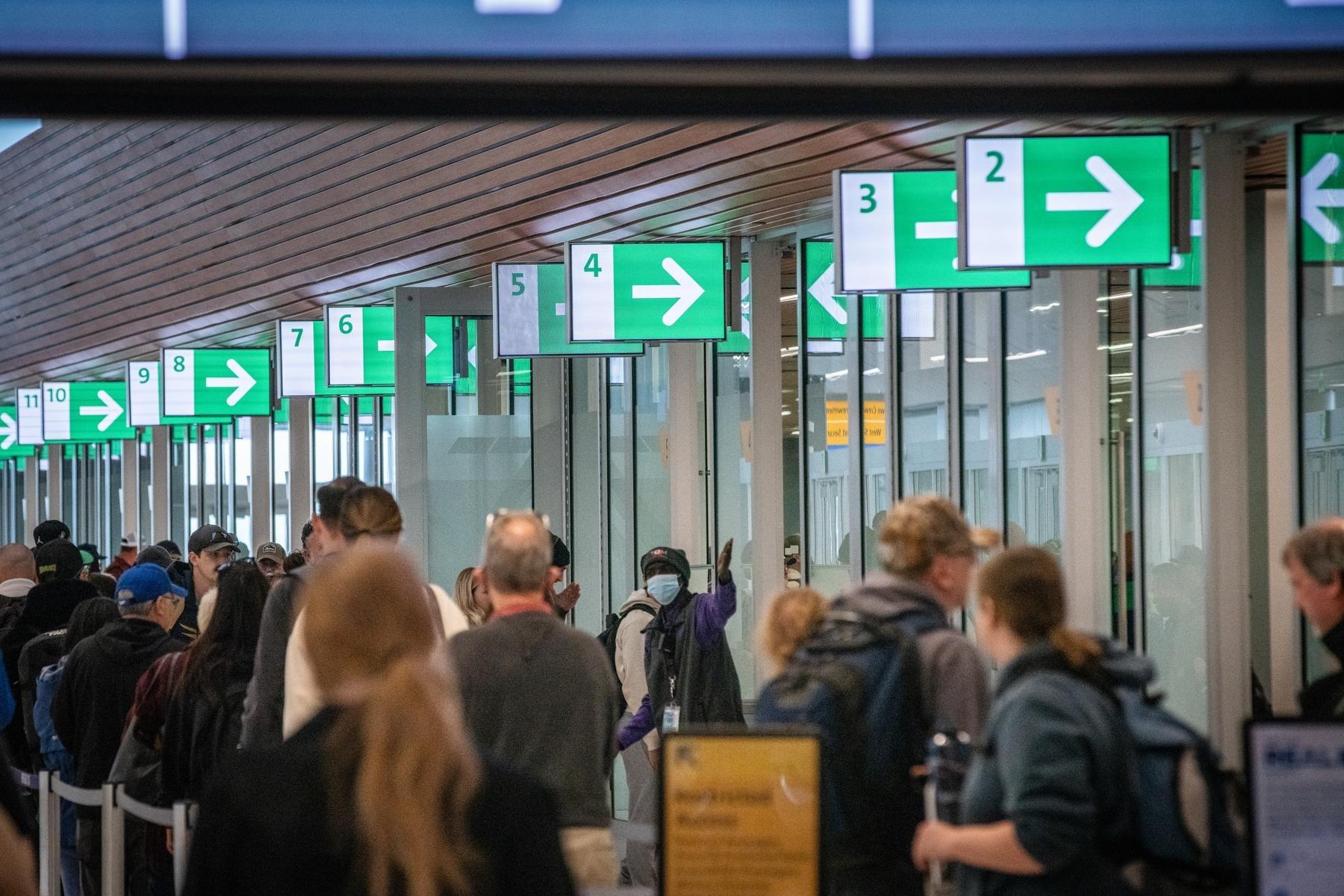Denver expects to spend $517 million on public safety in 2017, roughly 23 percent of the entire general fund budget. That includes some big ticket items with potentially large impacts, like 48 new police officers and major investments in the sheriff's office designed to address long-standing complaints.
Mixed in with the big stuff, though, were some smaller items that made me say, "That's interesting."
The sources here are the public safety budget presentations given Tuesday to Denver City Council, which is holding a series of hearings this week and next. You can find the full schedule here.
The fire department needs six figures to inspect potentially dangerous fizzy-drink machines.
A new staffer and additional equipment to inspect CO2 dispensers would cost $143,752 in the upcoming year. Why? Carbon dioxide is the compressed gas to make your drinks fizzy, and it didn't used to represent much of a hazard. Newer dispenser models, though, can displace a lot of oxygen if they malfunction, and there have been a few asphyxiation deaths associated with the dispensers. A 2015 update to the International Building and Fire Code requires annual inspections of these dispensers, and there are between 900 and 950 of them in Denver.
Marijuana is legal, but the police department is still confiscating a lot of it.
The department expects to enter more than 9,000 pounds of it into evidence this year, compared to 4,750 pounds in 2015. The police expect that number will be more than 11,000 in 2017. Why? The black and gray markets that exist alongside legal dispensaries and grow operations, according to Denver Police Chief Robert White, plus smaller amounts taken from people smoking in public that add up. The police department wants to hire two new property and evidence technicians at a total cost of $125,116 a year to deal with all that pot. The other big driver here is new state rules that require DNA evidence to be stored for longer.
There's a plan to let civilians handle some crime investigations.
Denver police spent more than 35,000 hours in 2015 just taking reports for non-highway traffic accidents. The police department wants to hire 19 part-time retired police officers at a cost of $803,900 a year to take reports for certain property crimes and for non-injury accidents that don't occur on the highway. The department estimates these civilian employees can handle more than half of the accidents and a big chunk of the property crime and free up officers for more "proactive" policing. The budget calls for another $800,000 for 10 vehicles for these report technicians.
Another marijuana-related expense:
The fire department wants $18,000 for a new propane training kit that will allow firefighters to train in the types of situations they encounter in marijuana processing facilities. The training kit should last 15 to 20 years and cover "propane emergencies" as diverse as a one-pound cylinder and a 48,000-pound leaking rail car.
More police cars:
Denver hasn't been able to make the most use of its patrol officers because it hasn't had enough cars to let them patrol individually. In 2016, of 659 officers assigned to patrol, there were 222 sets of pairs due to lack of cars. The 2017 budget asks for 42 new vehicles at a cost of $1.2 million, including the annual operating cost of those vehicles. Just six of them are marked cars, but the purchase of unmarked cars for administrative uses means cars the department already has can also be reassigned to patrol. Next year, with 681 officers assigned to patrol, the department expects that there will be just 50 pairs.
Hopes of lower jail populations:
Despite a rising crime rate and the planned deployment of a lot more officers, the Denver Sheriff's Office predicts that its inmate population will go down over the next few years. Sheriff Patrick Firman said inmate populations are hard to predict, but he hopes the courts make more use of house arrest and diversion programs where people get treatment and services and serve their sentences in the community.













